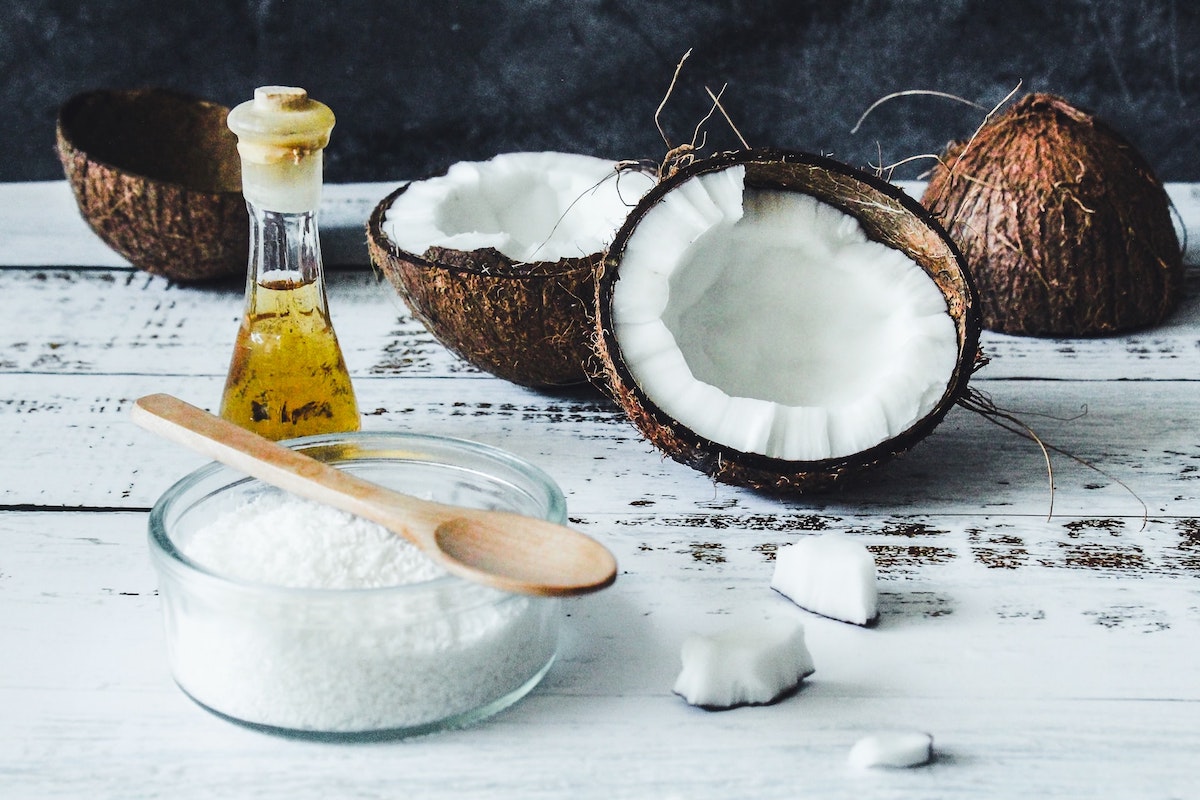Is Coconut Oil Good for You?

Is Coconut Oil Healthy?
Due to assertions that it is a miracle treatment for anything from heart disease to weight loss, coconut oil has become increasingly popular in recent years. But is coconut oil as healthy as it's made out to be?
This blog post will look closely at coconut oil and examine the evidence for and against its health benefits. We will explore the various varieties of coconut oil, its nutritional content, and how it has been used for medicinal purposes in different cultures worldwide. Read on to learn more about this tropical oil and decide if it's worth adding to your diet.
What is Coconut Oil?
Coconut oil is a specific type of edible oil made from the flesh of ripe coconuts. It has been used in tropical countries for centuries as a cooking oil and, more recently, as a health food supplement.
Coconut oil is composed of medium-chain triglycerides (MCTs), a type of saturated fat. The MCTs in coconut oil can help boost your metabolism and promote weight loss. Coconut oil is also believed to have antibacterial and anti-inflammatory properties.
When it comes to your health, coconut oil is a controversial topic. While some contend that coconut oil's saturated fats are bad for the heart, others assert that MCTs can lower cholesterol and your risk of heart disease. Although the verdict is still out on this one, some evidence indicates that coconut oil might not be as beneficial as previously believed.
The Benefits of Coconut Oil
Coconut oil has been shown to have several health benefits, including:
- Reduced risk of heart disease
- Improved cholesterol levels
- Reduced inflammation
- Boosted cognitive function
- improve weight loss.
Medium-chain fatty acids (MCFAs), a form of saturated fat that is digested differently from other fat types, are abundant in coconut oil, which accounts for many of these advantages. MCFAs are more readily absorbed and utilized by the body, and studies have shown that they can aid in lowering cholesterol and promoting weight loss.
The Risks of Coconut Oil
Coconut oil is often touted as healthy cooking oil, but it has some risks. One of the main risks is that it is saturated fat, which means it can raise cholesterol levels. It can also lead to weight gain if you consume too much of it. Coconut oil also has a high smoke point, which can release harmful toxins when heated at high temperatures.
How to Use Coconut Oil Safely
There are a few things to remember if you wish to utilize coconut oil responsibly. First, coconut oil contains a lot of calories. Thus it must be used sparingly. As a general guideline, don't use more than two teaspoons daily.
Second, because coconut oil is high in saturated fat, it's essential to choose a quality brand free of trans fats and other unhealthy additives. Look for organic, unrefined coconut oil that has been cold-pressed from fresh coconuts.
Third, coconut oil should be used in place of other oils in your diet, not in addition to them. For example, if you're using olive oil as your primary cooking oil, you can occasionally replace it with coconut oil. But don't cook with both oils at the same time – that would be adding extra calories and saturated fat to your diet.
Finally, like all oils, coconut oil can go rancid over time. After opening the jar, please keep it in a cold, dark area and utilize it within six months.
Conclusion
In conclusion, coconut oil is a versatile and healthy oil with many benefits. It can be used in cooking, baking, skincare, and hair care. It has a variety of uses, and its health benefits are numerous.
Coconut oil offers several health benefits without compromising taste or quality, making it a practical choice for individuals seeking traditional fats or oils. With all the evidence mounting about the positive effects of coconut oil on our bodies, it's no wonder why more people are turning to this natural source for their health needs!
